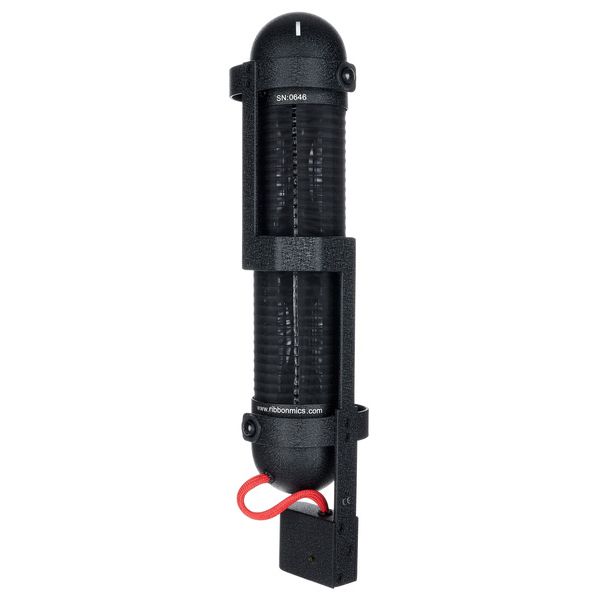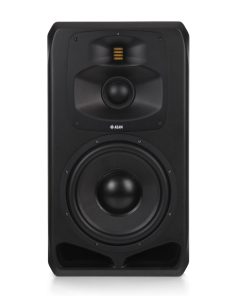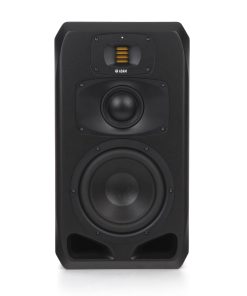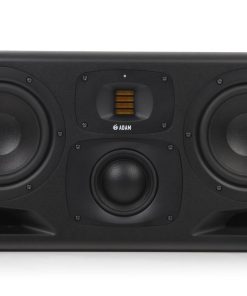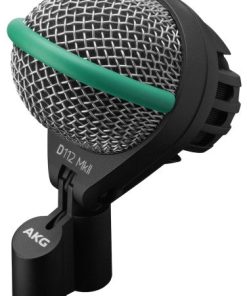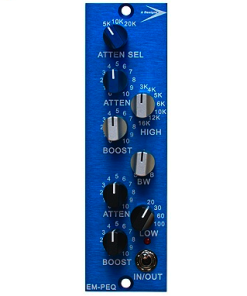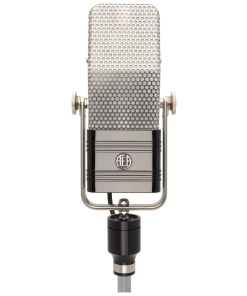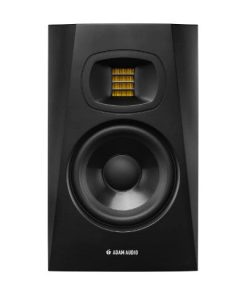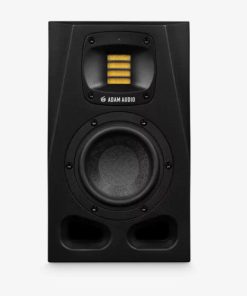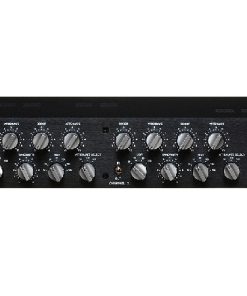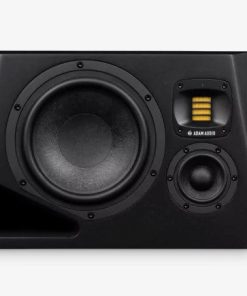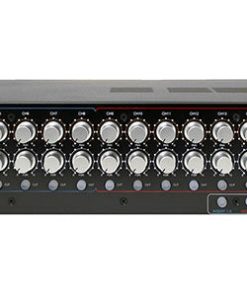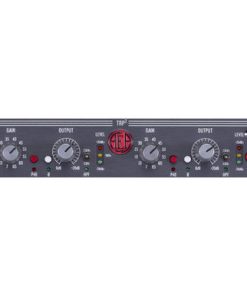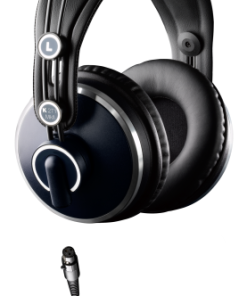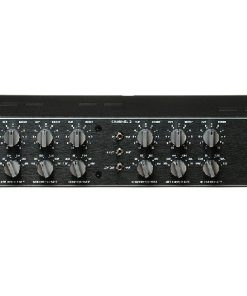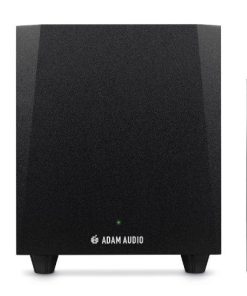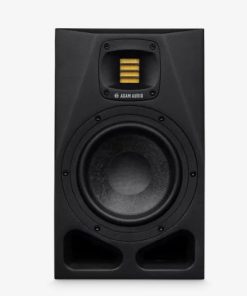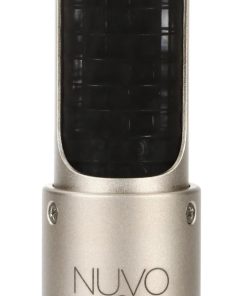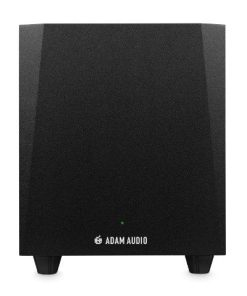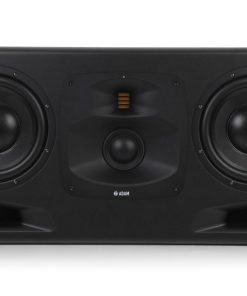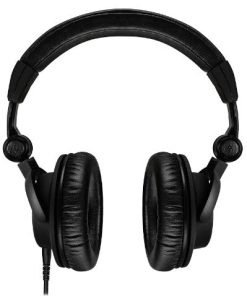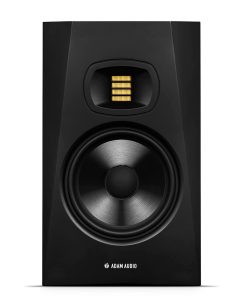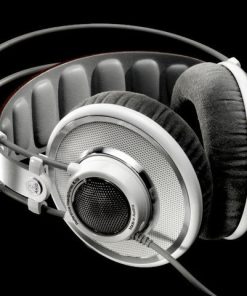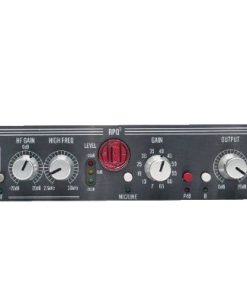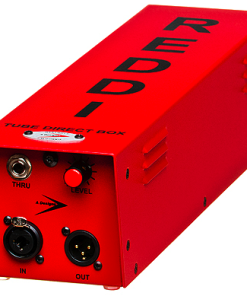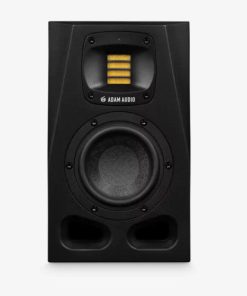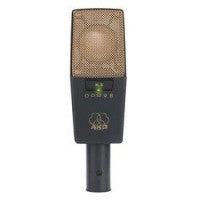- Features two Big Ribbons™ in a fixed Blumlein and mid-side configuration
- Astonishingly open and natural sound
- Far-field ribbon mic designed to retain low end and top end at a distance
- Stereo version of the AEA N8
- Active R88A version has 12dB level increase and is optimized for all preamps
- Made in the U.S.A.
A STEREO MICROPHONE LIKE YOUR OWN EARS
Alongside the mono AEA N8, it boasts the widest frequency range of any mic in the AEA lineup and effortlessly manages more complex source audio like drums, strings, piano, and other instruments that produce intricate transients, harsher highs, and bellowing lows. The Blumlein configuration of the ribbons allows for a sweeping range of perspective, so an entire ensemble and room can be captured by the R88 alone.
The R88A retains the same sonic character of the R88 but offers an additional 12dB of output and a stable impedance that allows flexibility when recording quiet sources through any preamp.
THE ENGINEER’S SECRET WEAPON
R88 Series mics are an engineer’s secret weapon, offering a level of detail and balance in recording like no other microphone available. Packaged in a sleek, five-pound black shell designed for quick setup, it’s an excellent choice for remote recording.
Particularly well suited for the rock, roots, classical, Americana and jazz genres, R88 Series microphones have such versatility that engineers like John Cuniberti use it as their one mic to capture an entire band performing live in the same room. There is a reason that legendary Blackbird Studios in Nashville owns five R88s.
A RICH HISTORY
The design of the R88 Series borrows from serious stereo recording tradition. In 1931, EMI engineer Alan Blumlein invented stereo recording by demonstrating the natural reproduction of the soundstage in one of the Abbey Road studios in London.
Today, Blumlein’s XY coincident recording technique lives on in the AEA R88 Series, which uses two figure-of-8 ribbons for producing an authentic representation of a performance. The pair of elements are angled in perfect phase at 90 degrees and mounted in close proximity to each other along the vertical axis of the microphone.
As an alternative to Blumlein’s technique, the microphone can also be used for mid-side (MS) stereo, providing excellent mono compatibility and full control over the width of the stereo image.
Either way, the R88 Series is so easy to use that any recording novice can do it. Simply choose where to place the mic and hit record. It’s that easy.
A FAR-FIELD RIBBON FOR CREATIVE RECORDING
As a stereo far-field ribbon microphone, the R88 Series was designed to capture balanced sound from long distances. Sound sources should be measured in feet rather than inches away from the mic. From 16 inches to 20 feet, the mic retains its full spectrum and incredible low end. When positioned closer than 16 inches, the mic adds proximity effect. When carefully used, this proximity effect can beef up thin sounds — either voices or instruments.
Don’t worry about loud sources, either. The R88 Series can handle 165+ dB SPL at 1 kHz allowing you to position it up-close to avoid room tone if needed. It will not be hurt by loud sources and can be positioned against a stereo guitar amp and other loud instruments.
WHICH MODEL IS RIGHT FOR ME?
The R88 and R88A are almost identical in sound.The R88A is an R88, but equipped with custom-made Lehle transformer and active electronics. Though the two versions of the microphone sound very similar and both deliver the classic ribbon sound, they have different requirements. The choice between the R88 and R88A is contingent on the specific needs of an engineer and their environment.
YES, THERE’S A MATCHING PREAMP
Since the R88mk2 is a dual passive ribbon microphone, the preamp is critical for optimum performance. Preamp gain should be at least +60dB or higher and the preamp should have a very high impedance. It’s the same requirement with all passive ribbon mics.
To guarantee consistent, full-range ribbon sound, we recommend AEA’s RPQ2, RPQ500 and TRP2 preamps, which were specially designed for ribbon microphones. However, preamps with above a 5K ohm impedance found in many live soundboards are adequate for guitar amps and other louder instruments. On quiet sound sources or for distance recording, an AEA preamp is highly recommended.
